A report obtained by The Tennessee Star, published by an organization of physicians, healthcare professionals, medical students, patients, and policymakers, reveals the pervasive infiltration of woke diversity, equity, and inclusion (DEI) ideologies in Tennessee medical school curricula and programs.
The report from Do No Harm, titled “The DEI Bureaucracy in Tennessee’s Medical Schools: Woke Ideologies Are Reshaping Medical Education in the Volunteer State,” warns of vast implications for medical students and all who receive medical care in the state of Tennessee.
Laura Morgan, MSN, RN, who authored the report for Do No Harm, told The Tennessee Star during an interview Thursday that DEI ideology has so pervaded medical school training in the state, including in the criteria used to admit students to schools and the way grading is done.
Morgan noted that while many Americans are becoming increasingly aware of the widespread contamination of woke ideology in education in general, some in Tennessee might be surprised to learn the tenets of the belief system, based on critical race and gender theory, have gotten so far, so fast.
“It’s very prevalent,” Morgan said. “And, so, there’s a number of public institutions that have medical schools, and then also the private ones, like Vanderbilt, which has been in the news for other reasons as well, but these schools that are included in the report are there because they all have demonstrated pretty significant efforts to promote diversity, equity, inclusion, anti-racism and those types of things within their schools, within their doctor of medicine programs and, also, even within their curricula.”
Some examples of what Do No Harm uncovered at Vanderbilt University School of Medicine (VUSM) include the school’s commitment to health equity and “to eliminate structural racism, promote justice, and establish racial equity in all endeavors.”
The VU Office of Equity, Diversity, and Inclusion (OEDI), the Do No Harm report notes, works to make the school a place “where equity, diversity, and inclusion are inseparable from institutional excellence.”
Students at VUSM are urged to participate in social justice webinars and activities during which they are segregated “based on race,” the report notes, adding one such “anti-racism resource” offered by the school is “11 Things You Can Do to Help Black Lives Matter End Police Violence.”
Woke gender ideology is also knit into the fabric of VUMS, as the school touts its “Gender Affirmation Toolkit for Vanderbilt Employees.”
VUMS suggests a “Second Look Weekend” for medical school admissions, during which students are encouraged to cluster together according to identity group.
The school also offers a “Health Equity Certificate” for medical students who participate in a 2-month “immersion experience in health equity.”
At the University of Tennessee Health Science Center (UTHSC) College of Medicine, Do No Harm reports “[p]ass/fail grades and virtual coursework (including labs) are accepted for courses taken during the COVID-19 pandemic.”
Members of the UTHSC College of Medicine Admissions Committee are also instructed to give “additional consideration” to “applicants from underrepresented groups,” the report notes.
The school reportedly gives three scholarships, valued at $10,000 each, “preferentially to students from diverse backgrounds,” a policy challenged by Do No Harm’s federal civil rights complaint claiming a violation of Title VI of the Civil Rights Act of 1964.
DEI indoctrination programs and policies exposed in the Do No Harm report also include those from these Tennessee medical schools:
- East Tennessee State University James H. Quillen College of Medicine
- Meharry Medical College
- DeBusk College of Osteopathic Medicine at Lincoln Memorial University
Asked how patients seeking or obtaining medical care in Tennessee would see the effects of DEI ideology in how they obtain that care, Morgan replied:
The taxpayers in Tennessee help fund these schools and for the investment, then, to be made in the schools of medicine, residents will say, ‘Hey, we want to train really good doctors because we want them here in Tennessee to help take care of us when we need them.” But, then it filters down to the patients where if these things have been embedded into the curriculum, like DEI and antiracism, then what are they taking away from the curriculum? Because it’s pretty hard to add additional time for training that physicians need.
“So, I think the public would want to know that their doctor knows how to take care of their medical problems first,” Morgan explained. “Rather than whether they’re able to approach them with, ‘Hey, I understand what my implicit biases might be against you and I really need to consider that before I do anything to treat you.’”
Average Tennessee patients, she continued, would probably feel more secure in the knowledge their doctor knows how to treat their medical problems.
“So, there’s sacrifices being made in the limited amount of time that these medical students have to be trained,” she observed. “By the programs in the medical schools, but, then, even on the front end, when there are efforts by medical schools to do more recruiting and retention of students that fit the DEI category for inclusivity.”
Morgan noted that some medical schools are waiving the Medical College Admission Test (MCAT), which helps medical school admissions offices assess “problem solving, critical thinking, and knowledge of natural, behavioral, and social science concepts and principles prerequisite to the study of medicine.”
Additionally, “when they make their courses pass/fail, instead of considering grade point average,” she continued, “and not admitting students to medical school based on their merits, based on their demonstrated ability to be successful academically, and exchanging that for the ability” to weigh “how many minority students, or this many students will fit these other categories of identity politics, it really places meritocracy, on the backburner in favor of diversity.”
The report notes:
[T]he result is usually a worldview, mindset, and ideology that reduces complex reality into simple categories of oppressor and oppressed. In healthcare, it means skipping over complex phenomena that lead to disparate health outcomes for various identifiable demographic groups and wielding the label “structural racism” or “white privilege” as the explanation. [sic]
“Further, it puts practitioners, particularly white ones, in a can’t-win situation,” the Do No Harm report continues. “They are said to be tainted by implicit bias and must be required to receiving training on that topic. If they protest that this is not the case, that protestation is interpreted as a sure sign of racism and justification for mandated bias training.
Morgan herself, who has been a nurse for 40 years, is no stranger to the situation of consequences for objecting to DEI training.
A year ago, she worked at the largest integrated healthcare system in Texas, as an employee of one of the system’s regional facilities. As the coordinator of the Nurse Residency Program, she came upon a preview of the annual training that would be required for all employees.
“They sneaked in this course called ‘Overcoming Unconscious Bias’ and, because I was already a little educated in the woke agenda, I knew what that meant, and I objected to the course,” she said. “I refused to complete it. They wouldn’t let me talk to the top human resources people but, instead, they put me in touch with the chief diversity, equity and inclusion officer for the organization. And, because the course was bundled up with the mandatory annual competencies for compliance, my refusal to complete it then resulted in my termination.”
In seeking help with her case, Morgan said she came in contact with a Do No Harm board member and, ultimately, the organization’s Executive Director Kristina Rasmussen.
“And, so, I was a client first, and then I began helping them with some research and reporting,” she explained. “Then, I became a full time employee and program director. Do No Harm was just taken off like crazy.”
Morgan said there are similar large healthcare systems in Tennessee as well. Her own story, she said, “demonstrates why a lot of people don’t speak out about it, because they’re afraid they can’t afford to lose their jobs.”
“This is something that we have to fix,” Morgan said about the infiltration of woke ideology indoctrination. “It’s not something that happened overnight. And, if you look the other way, or if you don’t take them seriously, or you say, ‘Well, you know, okay, that’s no big deal; I’m gonna let that go,’ then the people who promote these ideologies are just going to – give them an inch, they’ll take a mile – they’ll keep adding and adding and things just grow and grow and grow.”
“And now we’ve really reached this point to where it truly does negatively affect medical education and the healthcare industry,” she warned.
“And all the way down to patients, where we’ve already taken an oath to take care of them and not harm them.”
Morgan said she hopes the report will help people in Tennessee see “what’s going on in their state.”
“We hope they help us in this fight, because it’s gonna take us all,” she said.
– – –
Susan Berry, PhD, is national education editor at The Star News Network. Email tips to [email protected]

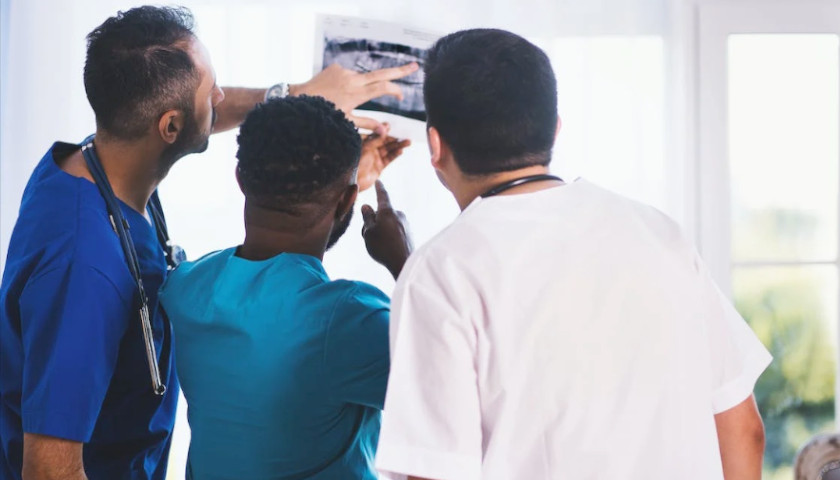
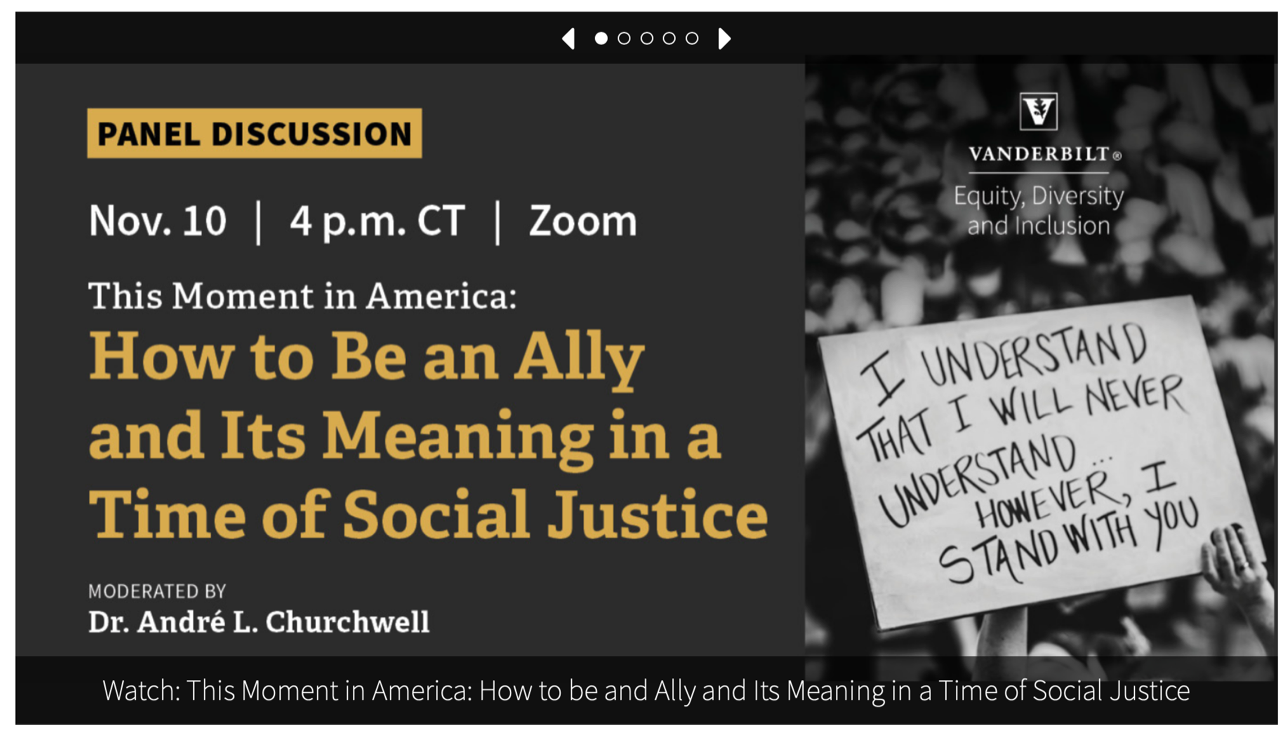
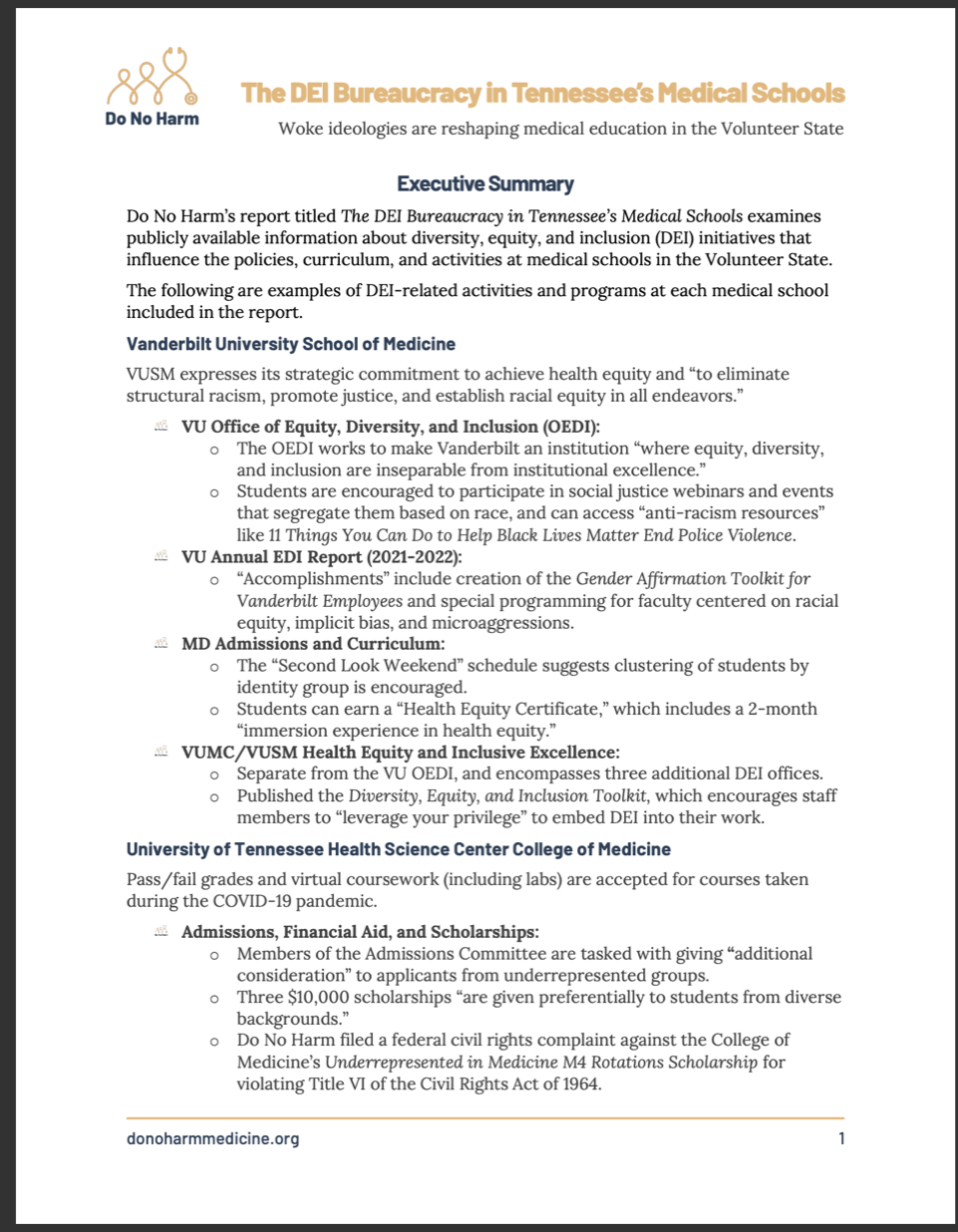
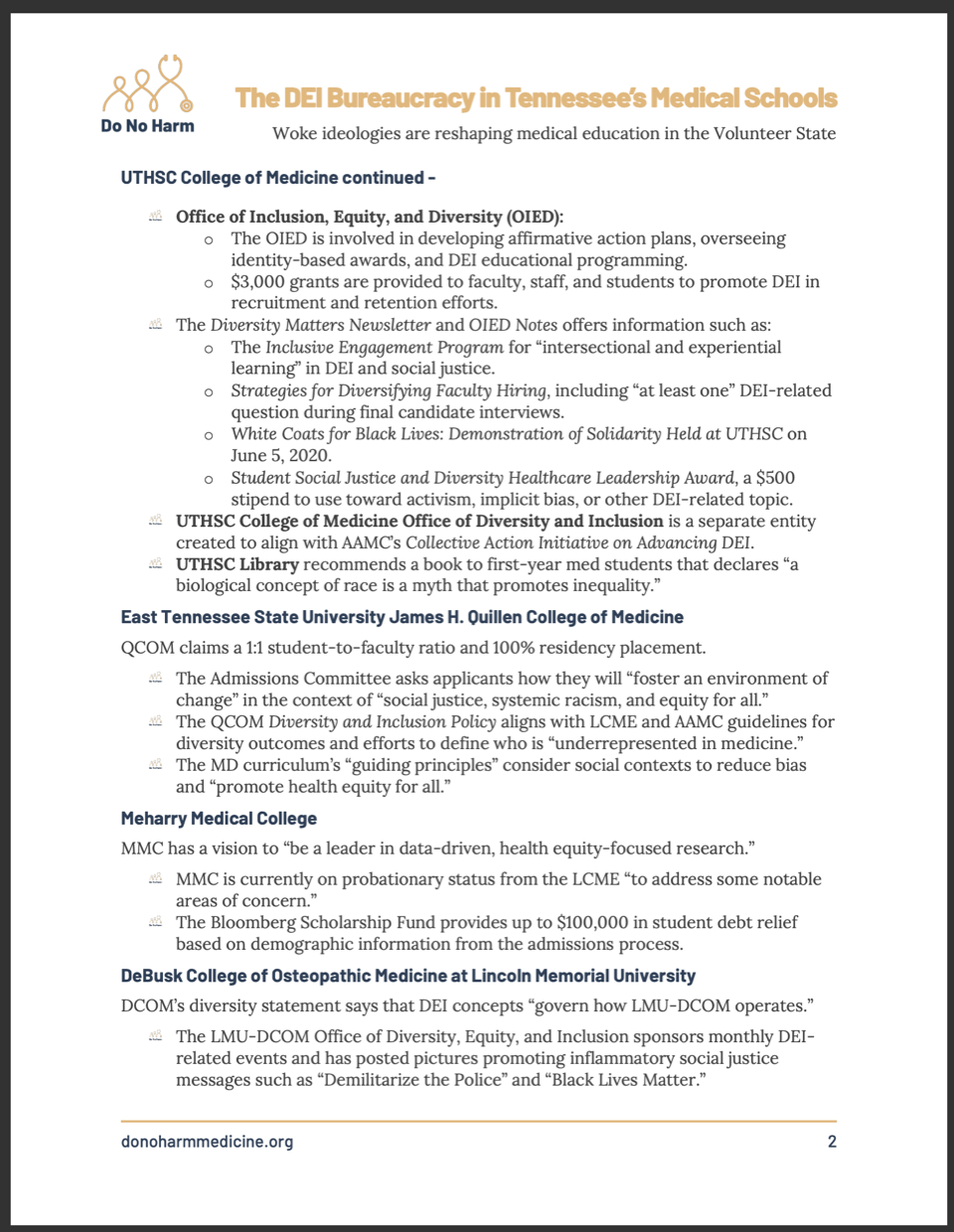




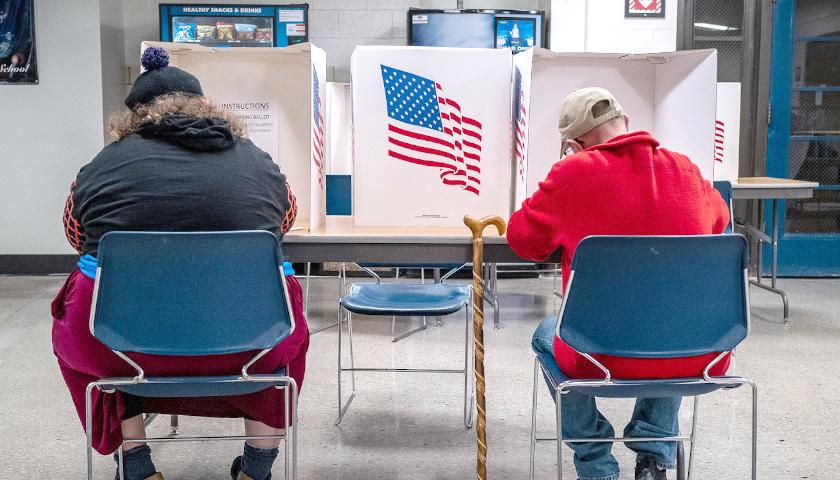
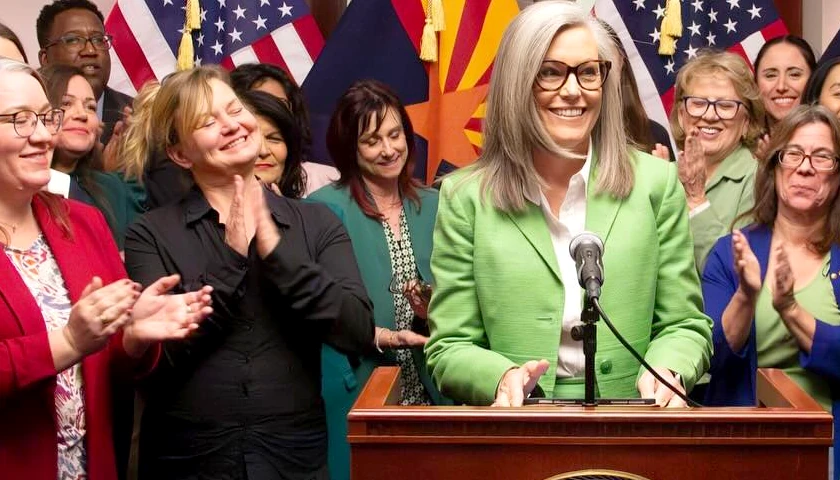

Trackbacks/Pingbacks